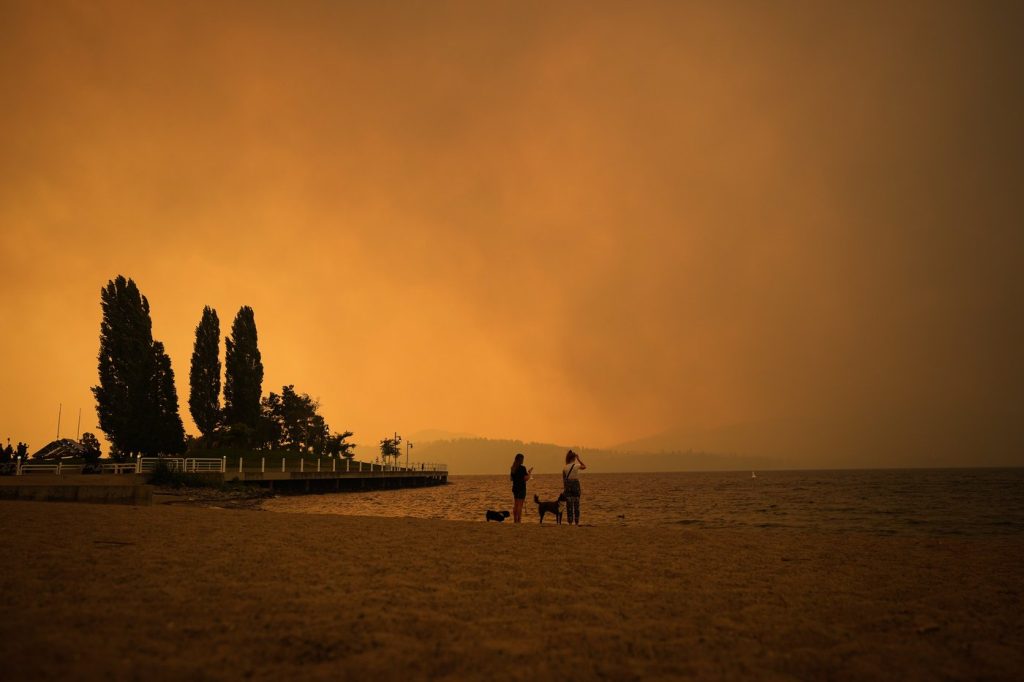Canada’s record-breaking 2023 wildfire season pushed air pollution to levels not seen in at least a quarter century, exposing half the population to concentrations above the national standard and raising concerns about long-term health impacts, a new global report warns.
Researchers at the Energy Policy Institute at the University of Chicago found that average pollution in Canada reached 9.2 micrograms of fine particulate matter (PM2.5) per cubic metre — above the national limit of 8.8 and nearly double the World Health Organization guideline of 5. PM2.5 particles are small enough to penetrate deep into the lungs and have been linked to heart and respiratory disease.
In wildfire-hit regions such as the Northwest Territories and northeastern British Columbia, the sustained pollution levels could shorten life expectancy by as much as four years compared to WHO benchmarks. Nationally, if 2023’s air quality persisted over a lifetime, Canadians could lose about half a year of life expectancy.
The report underscores the link between climate change and worsening air quality, noting both are driven largely by fossil fuel burning. “If we want to solve this, we need to go to the root of the issue,” said Christa Hasenkopf, director of the Clean Air Program at the institute.
Globally, air pollution is ranked as the greatest external threat to life expectancy. In Canada, last year’s pollution levels made it the fifth biggest threat, ahead of self-harm and violence, but just behind alcohol and accidental injuries.
While 2023 marked Canada’s worst wildfire season on record, 2024 has already been ranked the second worst, reinforcing the risk of air quality crises becoming the new normal.

